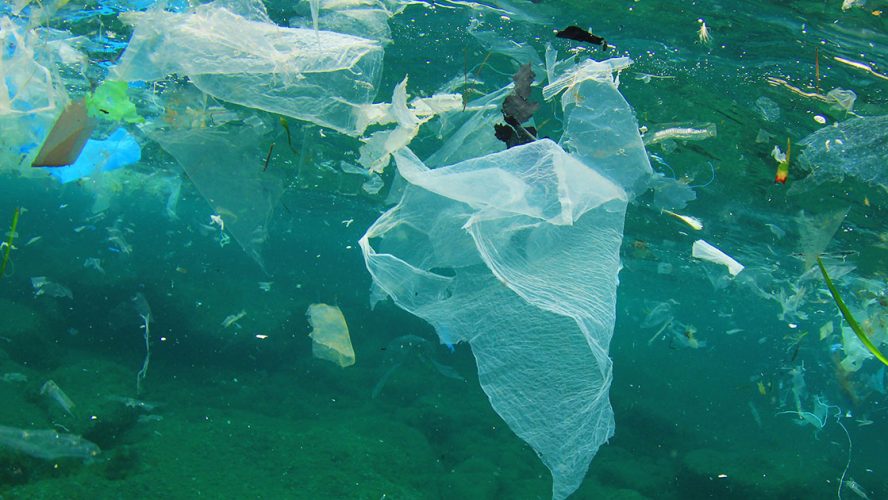A beacon of hope emerged this week at the 13th Ministerial Conference (MC13) of the World Trade Organization (WTO) as a group of leading nations unveiled a comprehensive strategy to combat plastic pollution. The ministerial statement, spearheaded by a coalition of six countries, outlines a series of concrete actions aimed at curbing the global trade in harmful plastics and promoting sustainable alternatives.
The urgency of the situation cannot be overstated. Plastic pollution has become a pervasive environmental crisis, with millions of tons of plastic waste accumulating in our oceans and ecosystems every year. This not only poses a significant threat to marine life but also disrupts delicate food chains and contaminates our water supplies.
The new action plan acknowledges the multifaceted nature of the problem and proposes a multi-pronged approach. A key element involves increasing transparency in the global trade of plastics, particularly focusing on single-use plastics, plastic films, and hard-to-recycle varieties. By enhancing data collection and sharing best practices, WTO members can gain a clearer picture of plastic flows and identify areas for intervention.
Furthermore, the statement emphasizes the need to reduce the trade in environmentally or health-detrimental plastics. This could involve implementing targeted bans on specific products, such as single-use plastic bags or straws. Additionally, the plan encourages WTO members to explore eco-design and labeling requirements to inform consumers about the environmental impact of various plastic products.
A crucial pillar of the strategy lies in fostering innovation and promoting sustainable alternatives. The statement highlights the importance of supporting the development and adoption of safe, non-plastic substitutes. This could encompass a range of materials, from bamboo and algae-based bioplastics to reusable packaging solutions. Financial incentives and tax breaks for producers of these sustainable alternatives are also envisioned as a means to accelerate their penetration in the market.
The ministerial statement recognizes the vital role of developing countries in addressing plastic pollution. The plan underscores the need to equip these nations with the tools and resources necessary to effectively manage their plastic waste and participate in the shift towards a more sustainable future. Capacity-building initiatives and knowledge-sharing programs are seen as critical in this regard.
The announcement of this comprehensive action plan at the MC13 marks a significant step forward in the global fight against plastic pollution. By fostering collaboration, transparency, and innovation, WTO members have committed to tackling this pressing challenge. The success of this plan will hinge on its effective implementation and the collective commitment of countries around the world.

